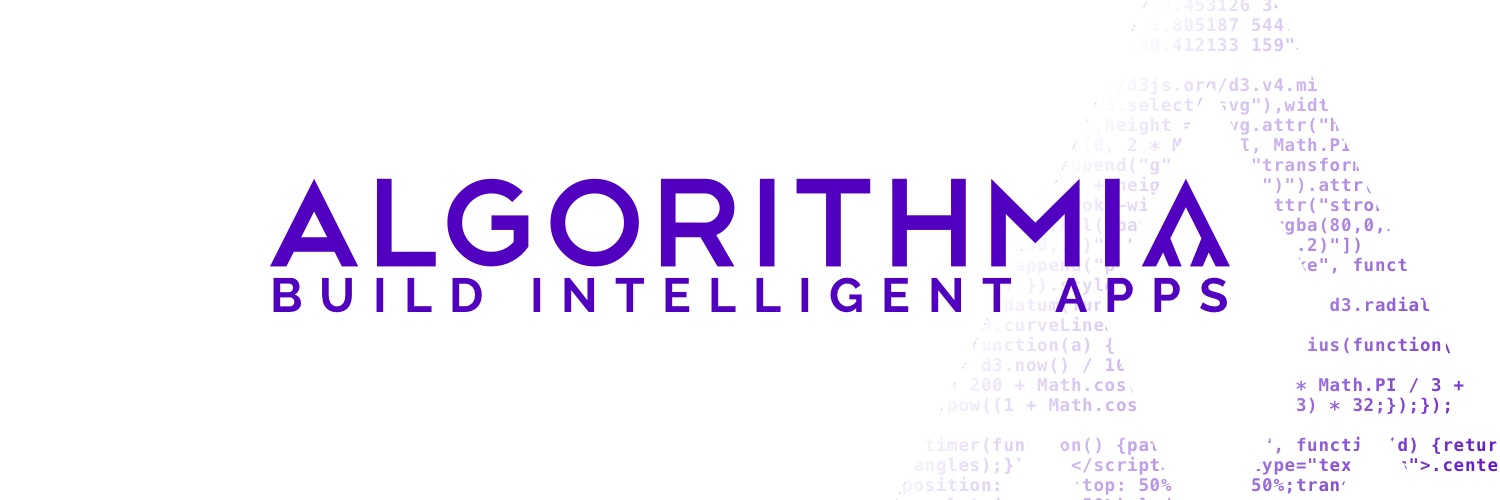(Sujal Patel and Parag Mallick, co-founders of Nautilus)
The code of life, biology and chemistry, have been constantly evolving for millions of years. The code of computing has functioned for less than 100 years. Today, those domains are coming together to transform the ways we understand and improve life and health. The biological and chemical sciences are intersecting with the computer and data sciences in precision medicine, digital pathology, proteomics and more. At Madrona, we believe these intersections of innovation will be at the forefront of major breakthroughs in research, analysis, diagnostics, clinical processes, preventions and cures. While our 25-year history has primarily been focused on transformations in information technology sectors including cloud computing, applied ML/AL, Software as a Service and Internet/e-commerce, we have more recently embraced opportunities where biotech meets infotech.
A company that embodies this emerging theme is Nautilus Biotechnology. Madrona has helped shape the company for almost four years, working together with founders Sujal Patel and Parag Mallick from day one. We provided office space and support for the company in the early days. We co-invested in the Series A with Andreessen Horowitz’s Bio-fund a few years back. And, today, Nautilus announced their $76 million Series B round with new investors including Vulcan Capital, Perceptive Advisors, Bezos Expeditions and Defy.vc.
What has drawn us to this investment theme in general and to Nautilus in particular? It is a combination of the expansive opportunities for scientific discovery, the scale, speed and agility enabled by modern compute and automation, and the continuous improvement in patient and disease understanding enabled by machine and deep learning. But, more importantly, it is a combination of founders in Sujal Patel who we have worked with for almost 20 years – first as the founder and CEO of Isilon Systems (and Madrona Strategic Director), and Parag Mallick who is a Stanford Professor with a focus on proteomics and systems biology with a background in biochemistry and computer science.
Nautilus’s Approach to Innovative Thinking
Biological sciences have been transformed over the past twenty years first by sequencing the full human genome and then by the “commoditization” of genomic sequencing (Illumina, 10X Genomics). Yet, a human’s approximately 3.2 billion nucleotides and 25,000 genes are just the beginning. The DNA functions as a set of instructions, a static view of what might happen, that needs to be transcribed and translated into the tens of thousands of proteins that drive all life — selective expression of proteins drive cell differentiation, metabolic reactions, stimulus response and, importantly, disease. Those proteins act dynamically to determine how our body functions (and malfunctions) which creates substantial measurement challenges.
From the beginning of Nautilus, Parag and Sujal set out to think differently. The core challenge they were trying to tackle: how do we make the proteome as accessible and impactful as possible by overcoming the limitations (coverage, throughput, ease-of-use) of existing protein analyses approaches. By reimagining proteomics as the foundation for improving the health of millions of people, Nautilus strives to enable new horizons in basic science research while transforming drug discovery and personalized/precision medicine.
Nautilus approaches the challenge of mapping the proteome differently at every stage of their automated and re-imagined process. That starts with the biochemical steps for how samples are prepared on the front end and continues through to the cloud computing, data science and machine learning techniques used continuously on massive datasets throughout the process. They leverage a robust understanding of biochemistry and the abundant technological resources that are only now available in scalable ways through cloud computing. There is so much more for the Nautilus team to share, but we defer to them on how and when to tell their story more fully!
Madrona’s Three Key Intersections of Innovation Concepts
Madrona’s investment in Nautilus and their approach to re-imagining the ability to leverage proteomics is just one area where biological sciences are intersecting with computer and data sciences. In the past several years we have increasingly seen the growing interdependence of these disciplines and the ability they have to change lives.
There are many more categories where the intersections of innovation apply. Digital pathology is developing models for image-based tumor detection, cancer research is applying machine learning to identify genetic or immune system biomarkers, and CRISPR screening techniques are helping to rapidly understand the mechanisms of action underpinning disease. Three key concepts span these intersection areas – discovery, automation and continuous learning.
- Discovery: The more we know about human (and non-human) biology, the more we realize there is so much more to learn. The pursuit of basic science research and the curiosity to explore new areas of discovery are central to the breakthroughs that lie ahead. Take the relatively new learnings about how bacteria’s immune system fights viruses by turning the virus’s DNA against itself through CRISPR-associated proteins (Cas) and guide RNA. In just the past decade, the natural function of the CRISPR-Cas systems has been harnessed intro powerful molecular biology tools to edit the genome, to the point that we can now edit at the base level. Modern information technologies will facilitate the front-end research and leverage discoveries, but the opportunities start with new biological insights.
- Automation: Biology was historically the world of wet labs filled with samples, test tubes and pipettes. Today, wet labs are combined with dry labs where computer modelling, simulations and in silico analysis occur. And, increasingly the processes of these two lab environments are automated and digitized. New approaches to sample prep and handling, to “seeing” and measuring the impact of reagents and then gathering massive amounts of data to rapidly analyze are emerging. The automation of preparing inputs, running experimental processes and analyzing outputs has the potential to mirror the journey of semiconductor technology from bespoke workflows to highly digitized, specialized and scalable processes. This automation, combined with massive computing resources, can lead to both broad scale breakthroughs and cost-effective precision medicines over time.
- Continuous Learning: Digitized data, across a mix of data types and formats, can increasingly be combined and normalized to transform information into insights. There are massive amounts of data to be captured through increasingly sophisticated techniques like high throughput sequencing and screening and cryo-electron microscopy. Elements of data management, modelling and machine/deep learning can then be leveraged to deepen the insights. In fact, operationalized data models can continuously improve our understanding of a mutation, antigen, biomarker or general disease state. In time, this should lead to curative approaches to most cancers, gene editing that prevents diseases and even rapid detection and containment of viruses.
The Road Ahead
The Madrona team is energized by our journey to continuously learn and support companies at the intersections of innovation. In addition to Nautilus, we have made substantial investments in Ovation.io, TwinStrand Biosciences, Accolade and Terray Therapeutics. And, we have seed-stage investments in a few early-stage companies within this investment theme. But today we especially want to celebrate the news about Nautilus’ Series B round and the potential for this outstanding team and company to positively impact the world by providing affordable and accessible proteomic information and insights to all those who may benefit from them.



